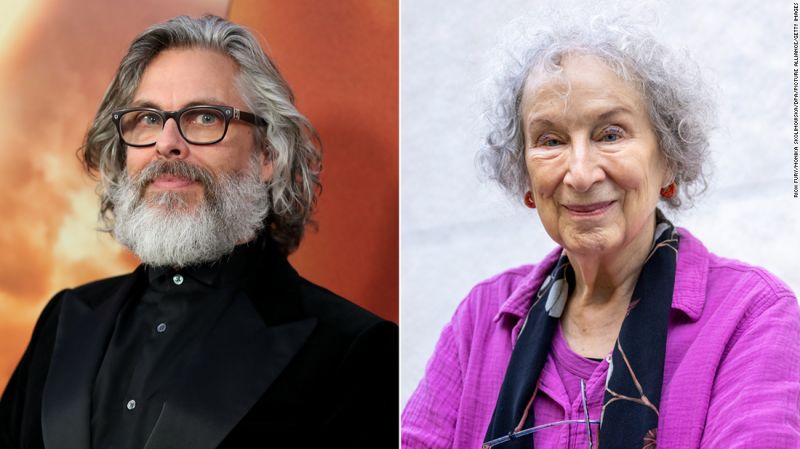- cross-posted to:
- [email protected]
- [email protected]
- [email protected]
- cross-posted to:
- [email protected]
- [email protected]
- [email protected]
Thousands of authors demand payment from AI companies for use of copyrighted works::Thousands of published authors are requesting payment from tech companies for the use of their copyrighted works in training artificial intelligence tools, marking the latest intellectual property critique to target AI development.



Well, if OpenAI knowingly used pirated work, that’s one thing. It seems pretty unlikely and certainly hasn’t been proven anywhere.
Of course, they could have done so unknowingly. For example, if John C Pirate published the transcripts of every movie since 1980 on his website, and OpenAI merely crawled his website (in the same way Google does), it’s hard to make the case that they’re really at fault any more than Google would be.
well no, because the summary is its own copyrighted work
The published summary is open to fair use by web crawlers. That was settled in Perfect 10 v Amazon.
Right, but not one the author of the book could go after. The article publisher would have the closest rights to a claim. But if I read the crib notes and a few reviews of a movie… Then go to summarize the movie myself… That’s derivative content and is protected under copyright.
Haven’t people asked it to reproduce specific chapters or pages of specific books and it’s gotten it right?
I haven’t been able to reproduce that, and at least so far, I haven’t seen any very compelling screenshots of it that actually match. Usually it just generates text, but that text doesn’t actually match.
Gotcha. This seems like a good way to test for it then, I think.